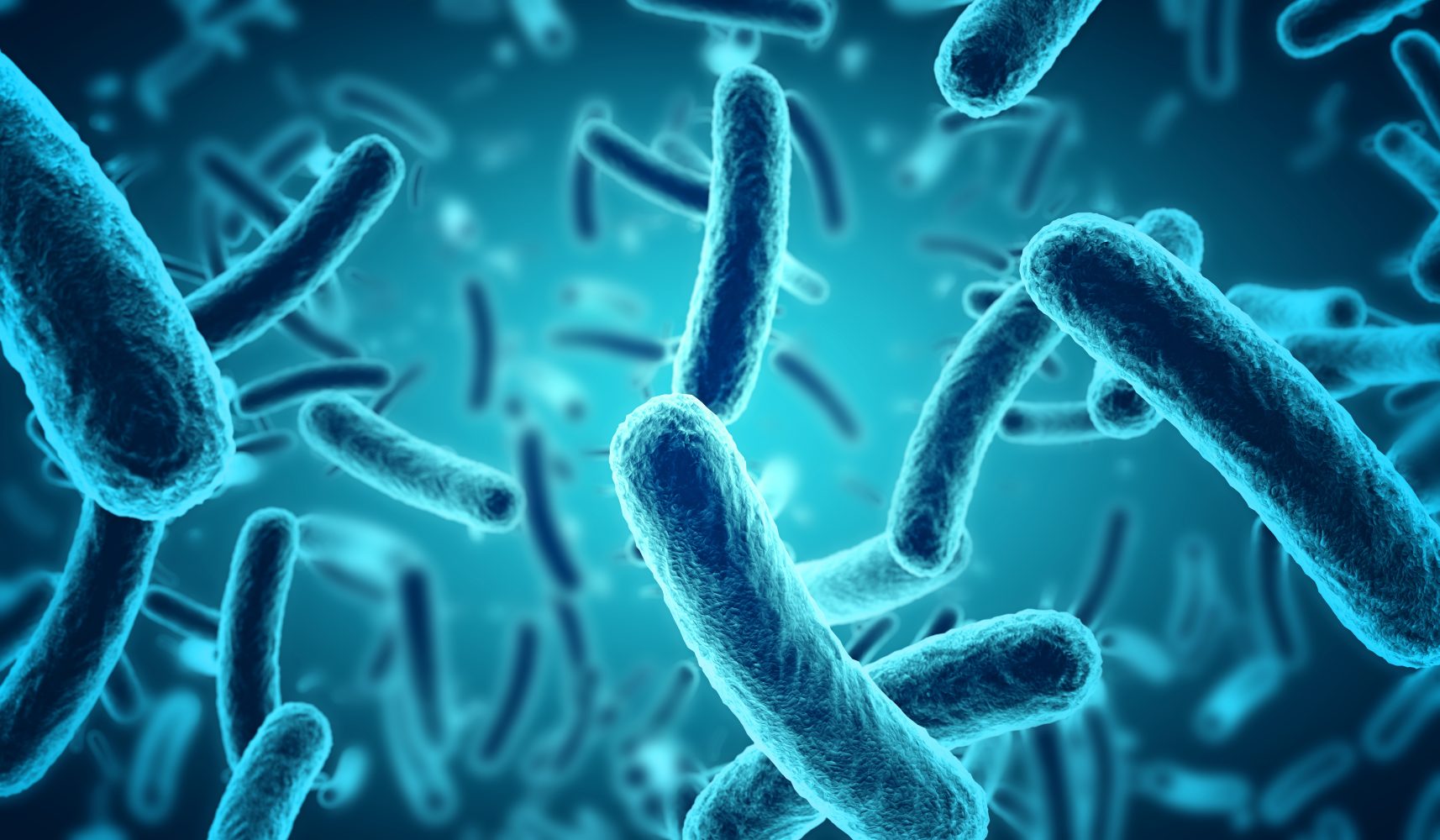Imagine being traced to a particular location based on the bacteria you pick up on your travels. Researchers from Lund University have created an AI tool that does just that, using microorganisms as a kind of bacterial GPS.
We’re used to forensic evidence linking individuals to specific locations—think of trace elements like hair or soil. However, scientists have recently realized that locations often have distinct microbial communities. Bacteria can be really handy. Not only can it teach us more about locations, as evidenced here, but it may also be able to help clean up the plastic pollution here on Earth, too.
These new insights led researchers to develop a bacterial GPS tool that leverages these microbial “fingerprints” to pinpoint where someone has been. By examining a sample from a person’s microbiome—the collection of microorganisms they carry—this AI-based tool can accurately trace the sample back to a specific environment.
The tool, named Microbiome Geographic Population Structure (mGPS), was created by training an AI on vast microbiome datasets from various environments. These datasets include urban settings, soil, and marine ecosystems, with thousands of samples from the MetaSUB database, which houses microbial genomes from cities worldwide.
Using this data, the AI learned to distinguish between microbial profiles, linking them to their unique geographic origins. The accuracy of the bacterial GPS is impressive. It correctly identified the city source of samples 92 percent of the time and could even differentiate between locations within the same city.
In one example, it distinguished between two Hong Kong subway stations just 172 meters apart. The tool was slightly less accurate in London, where the subway environment was less controlled, but the researchers believe adding more data will help refine the responses.
This tool could enhance our understanding of how diseases spread by tracing microbial paths and potentially identifying infection sources and antibiotic-resistance hotspots. Researchers want to expand the bacterial GPS and its database further, allowing for more precise location tracking and benefiting fields from public health to urban planning.
The post Scientists can track where you’ve been by having AI look at the bacteria on your body appeared first on BGR.
Today’s Top Deals
Today’s deals: $179 AirPods Pro 2, space heaters from $36, $100 off Bose QuietComfort Ultra, more
Best deals: Tech, laptops, TVs, and more sales
Today’s deals: $699 M2 MacBook Air, $30 Philips OneBlade 360, $199 Bose TV soundbar, $399 Dyson V11, more
Best Apple Watch deals for November 2024
Scientists can track where you’ve been by having AI look at the bacteria on your body originally appeared on BGR.com on Tue, 12 Nov 2024 at 20:12:00 EDT. Please see our terms for use of feeds.
